Upcoming Events

Graduate Student Writing Group Session & Social
Tuesday, April 8, 2025 11:00am to 1:00pm
The Obermann Center for Advanced Studies, in collaboration with Grad Success & Belonging, is hosting a writing group followed by a social for Graduate & Professional Student Appreciation Week. This writing group session facilitated by two grad ambassadors will offer community and accountability to Iowa's graduate and professional students working on any kind of academic writing project (academic articles/essays, fellowship or grant applications, dissertations, book projects, etc.). The session...

Writing for The Conversation: Informational Lunch for Grad Students and Postdocs
Friday, April 11, 2025 12:00pm to 1:30pm
Join the Office of the Vice President for Research, the Obermann Center for Advanced Studies, and the Graduate College for lunch and an introduction to pitching your research to The Conversation US with Kristy Nabhan-Warren, Associate Vice President for Research.
The Conversation is an independent news organization dedicated to unlocking the knowledge of academic experts for the public good. With a monthly readership of 20 million, The Conversation expertly shares a scholar’s expertise far...

Annual Sonia Kovalevsky High School Mathematics Day 2025
Saturday, April 12, 2025 (all day)
In honor of Sonia Kovalevsky, the Department of Mathematics at the University of Iowa organizes Sonia Kovalevsky High School Mathematics Day yearly with the goal to inspire young women interested in math and show them that math is like solving a puzzle. Sonia Kovalevsky High School Mathematics Day is an opportunity for young women to engage in a day of networking, mentoring, and fun! The daylong program includes workshops, interactive talks, math related games and panels of professionals with...

Graduate Student Session with Mark Simpson-Vos, Obermann Editor-in-Residence
Thursday, April 17, 2025 10:00am to 11:00am
This interactive talk for PhD and MFA students in the writing disciplines will outline the publishing process for first books. The session will guide graduate students through the steps of the academic publishing process, with a focus on demystifying the journey from dissertation/thesis to manuscript to published book. Key topics will include identifying the right academic publisher, understanding peer review, negotiating contracts, and building a strong proposal. Led by Mark Simpson-Vos, Senior...
Pagination
Spacer
Upcoming Application Deadlines
Upcoming Application Deadlines
News
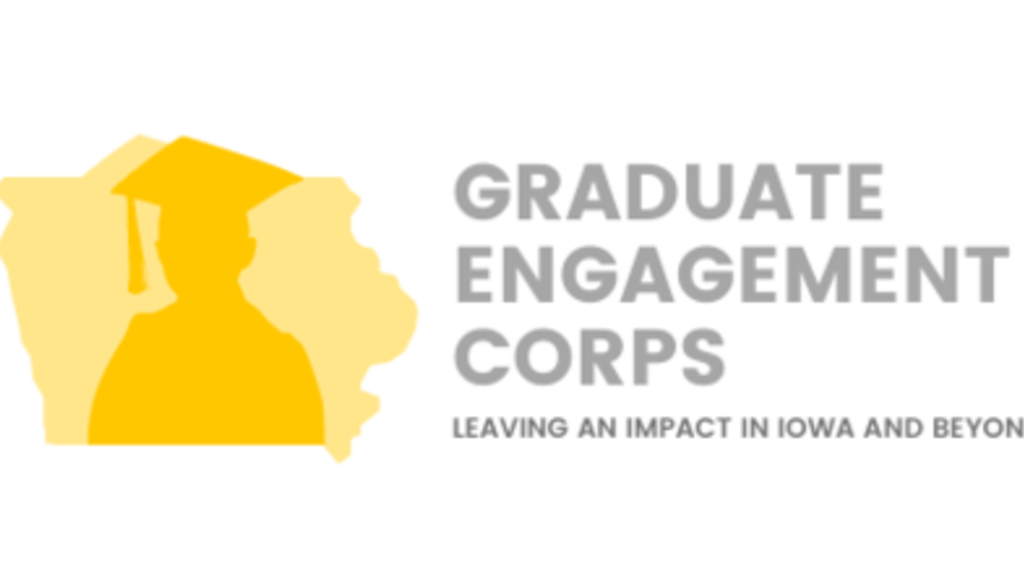
Goodbye, Gradate Institute. Hello, Graduate Engagement Corps!
The Obermann Graduate Institute on Engagement and the Academy was started fourteen years ago at a time when public engagement was not a well-known practice on university campuses. More than 200 University of Iowa graduate students have participated in this program, many of them going on to lead or participate in community engaged projects. We count the alumni of this program as friends, many of whom have shared with us the exciting work they are doing in other locales—including in Philadelphia, the Black Hills, and Boulder—and with other organizations, such as NPR, the National Park Service, and our own Center for Teaching. The Institute has also had 11 faculty co-directors who have shared their expertise from fields as disparate as dance and engineering, and with project expertise that ranges from working with incarcerated populations to directing a camp for deaf teens.
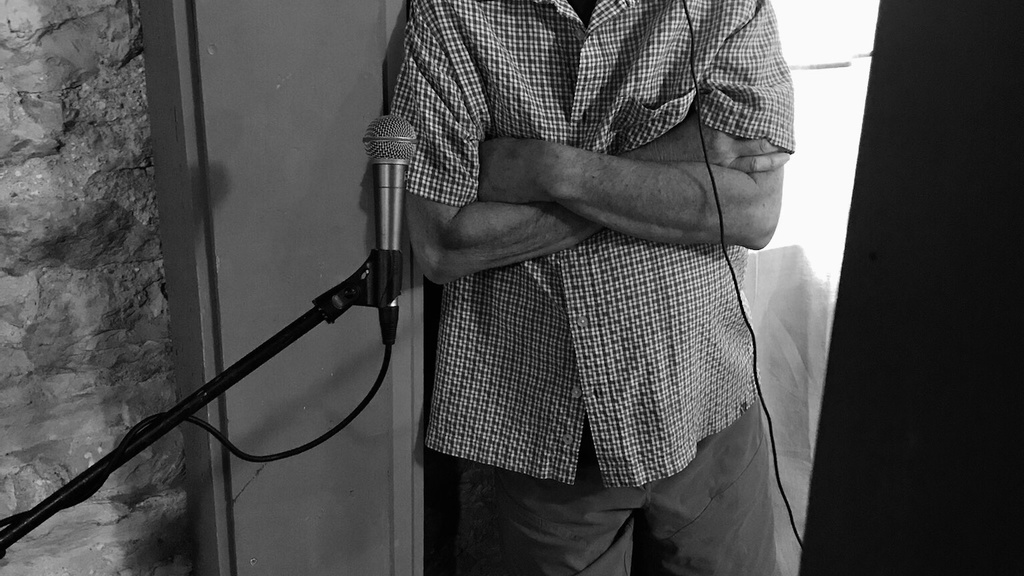
John Rapson's Communal Composition: Esteban and the Children of the Sun
In mid-June, a dozen musicians gathered in the basement of one of Iowa City’s oldest homes. There was a blues guitarist, a French mandole player, and a Celtic fiddler. The drummer was sequestered in the laundry room, and an electric guitarist’s amp was routed through a shower stall to limit distortion. In the midst of it all was John Rapson.
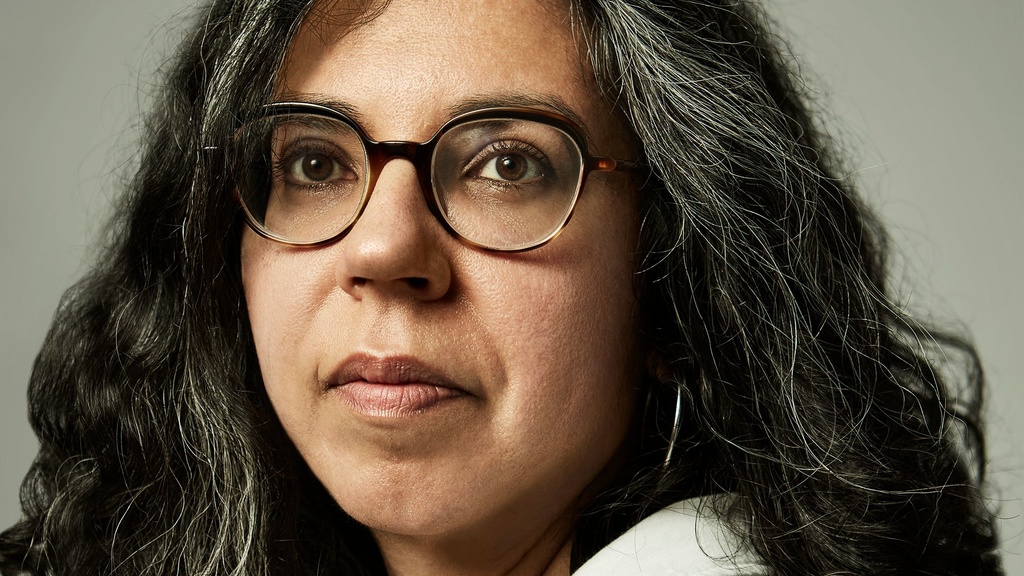
The Kindness of Strangers: Philosopher seeks to make caregiving disparities and their effects visible
During the pandemic, many of us have relied on the kindness of strangers. The work of people we didn’t know—store clerks, nurses, childcare providers, delivery people, and warehouse workers—allowed many of us to stay home during the past year and a half. As in the case of Blanche DuBois—she of Streetcar Named Desire fame—this reliance may have helped us in the short run, but it’s not necessarily the best societal approach to receiving care. Frontline workers are inordinately female and people of color....
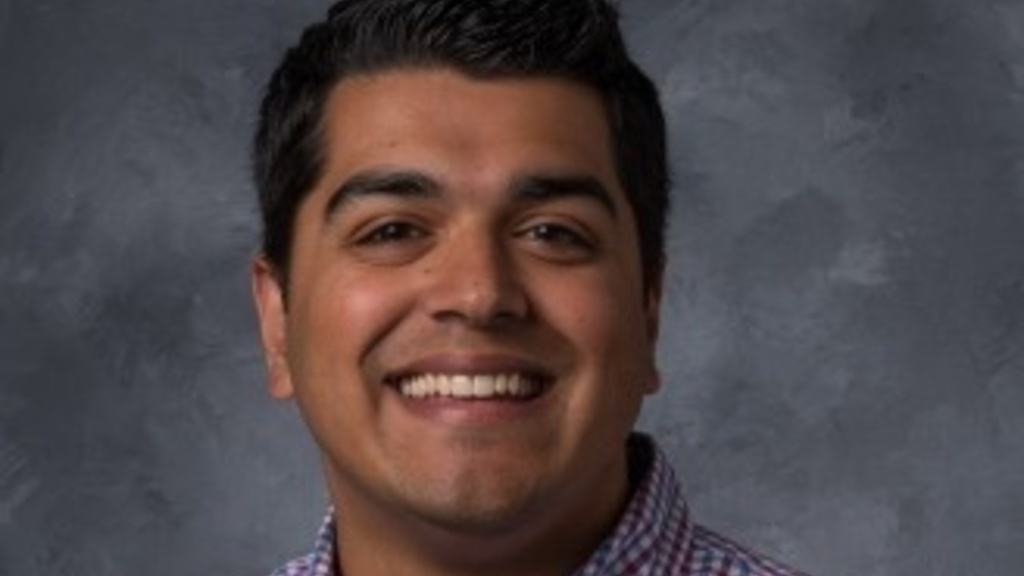
Andrew Boge Reflects on the HWW Career Diversity Workshop
Imagine yourself on the tree-filled University of Michigan campus listening to people with advanced degrees in the humanities talk about their workplaces and career trajectories. One person gives an overview of jobs in university presses, while the next describes her work as a consultant for non-profits. And your task is to soak up information, meet new people, and turn on your imagination.
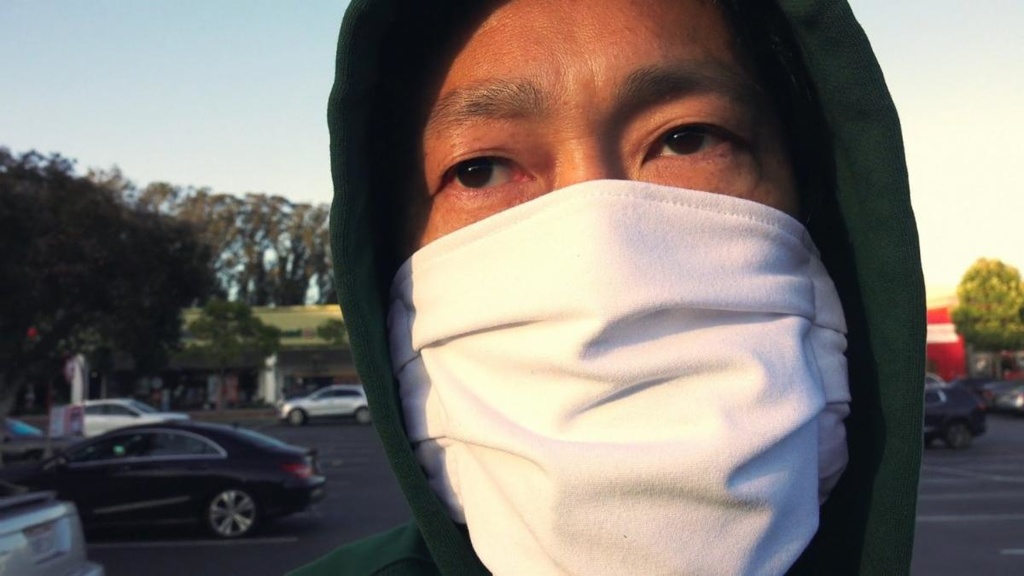
Seeing Asian American Life through the Video Essay
As each of us ponders how to live and work in the face of growing challenges—from pandemics to racist violence to climate change—scholars and artists are reconsidering their research questions, expanding methodologies, and devising forms for varied audiences. This year, the Obermann Center is hosting a series of informal conversations on research. Artists, scholars, social scientists, and scientists will explore what, in this moment, research can be and can do. We were therefore delighted when Professor Hyaeweol Choi asked if the Obermann Center would join the Korean Studies Research Network in inviting filmmaker, critic, and video essayist Kevin B. Lee to share recent video essays. In this innovative form, Lee illuminates Asian American experience by juxtaposing personal history, popular culture, and journalistic accounts of violence against Asian Americans.
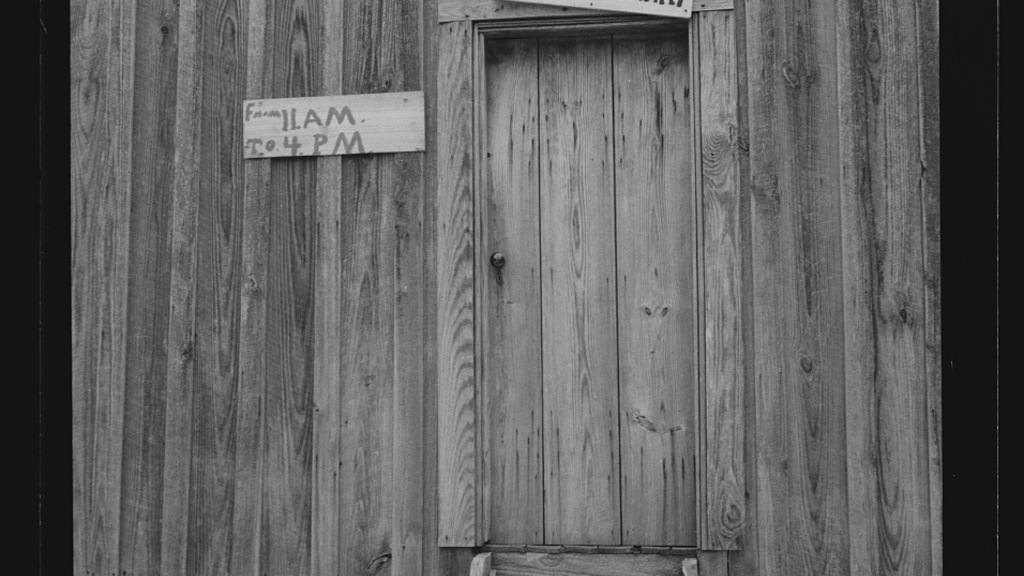
Training Librarians to Preserve Community Memory
Over the past two decades, say Micah Bateman and Lindsay Mattock, recipients of a 2021 Obermann Interdisciplinary Research Grant, library and information science (LIS) graduate programs have privileged information science, data science, and computer science—at several universities even merging with computer science departments—over human- and community-centered practices central to the mission of library and archival sciences. One such practice involves the management of community memory records—everything from genealogical documents to newspaper archives to oral histories. Bateman and Mattock note that at small and rural libraries, these records often go “unmanaged and underused, and reflect only the narratives of majority or dominant populations” because the librarians working with those collections have been largely neglected by LIS training programs that privilege “big data” paradigms.
Pagination






